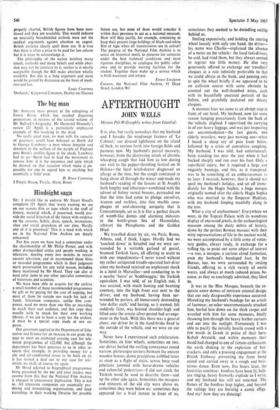Abortion and the law
Sir: The Medical Termination of Pregnancy Bill is nearing decision. The object of the Bill is to modernise and clarify ill-defined law. One could expect it to comply with three criteria. Obviously it should be good law, its provisions should be based on sound medicine and it should be in keeping with the philosophy of the nation.
Good law does not invariably require definition and claritybut on thisoccasion it does, as the object of the Bill is to remove uncertainty and to define the circumstances in which abortion is permissible. Sadly, the Bill does neither. It is even less clear than the law as interpreted at present. Clause (c) is beyond comprehension. It means nothing and it means everything and its scope is very broad. Clause (d) assumes a child of fifteen or less to be capable of giving her consent to abortion but the law does not consider her to be capable of giving her consent to sexual intercourse.
Sound medicine requires that the risks involved in the procedure undertaken should be less than those of the condition it is aimed to correct. The risks ensuing from unwanted pregnancies have been well aired but those of therapeutic abortion hardly at all. Some figures have been mentioned pertain- ing to the countries of Eastern Europe, though not the risks as recorded in the same countries. No,
properly charted, British figures have been men- tioned and they are available. This would indicate an unusually broadminded outlook were not the medical arguments against abortion so cogent. British statistics clearly spell them out. It is true that there is often a price to be paid for law reform but it is wiser to acknowledge it.
The philosophy of the nation involves many creeds, outlooks and many beliefs and while abor- tion may not be contrary to it, neither is it wholly acceptable though the Bill make abortion wholly available. But this is a long argument and more would be gained by discussion on the basis of medi- cine and law.
Louis Courtney 'Orchards,' Kingwood Common, Henley-on-Thames



































 Previous page
Previous page